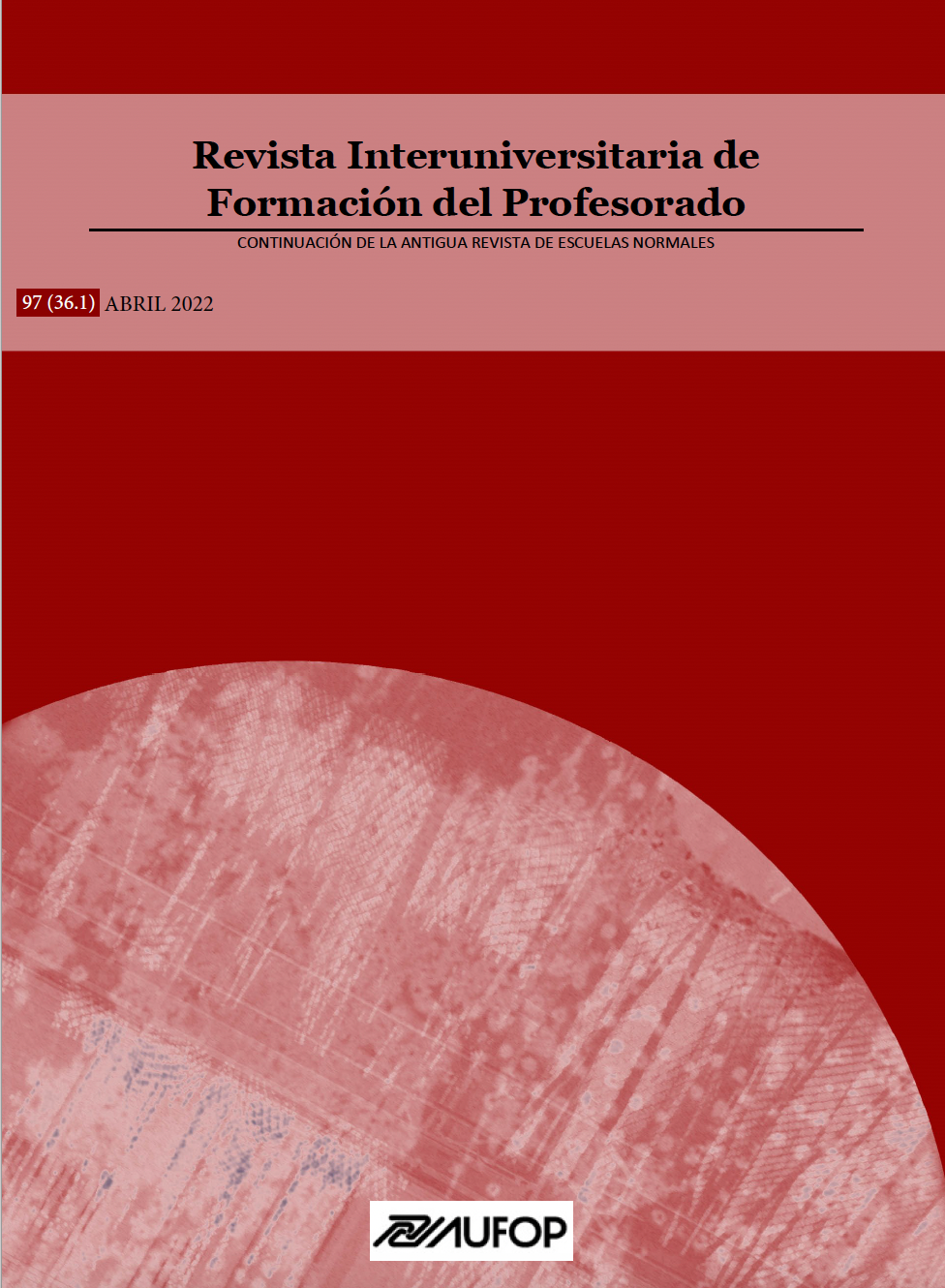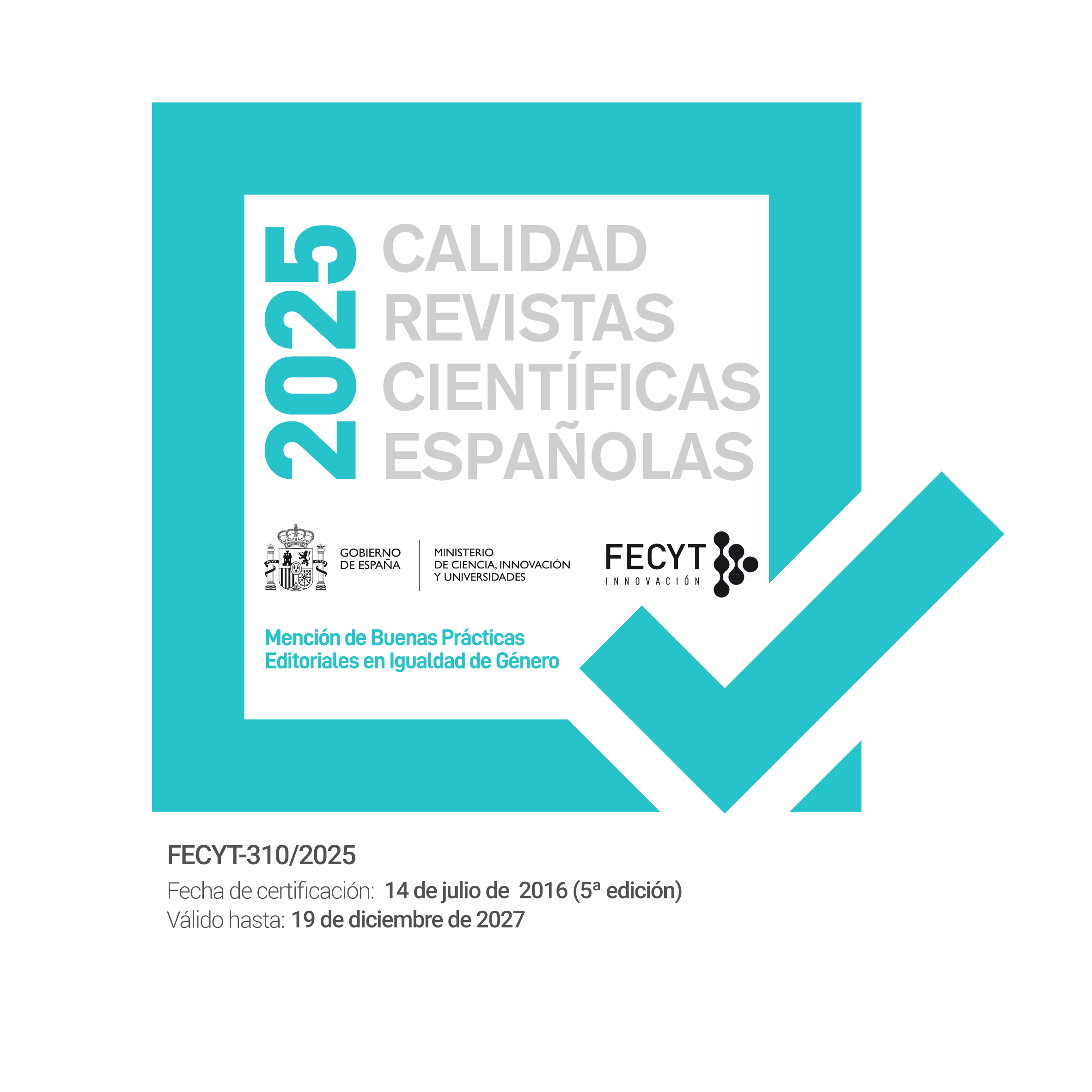Formación de maestras por implementación de secuencias en su propio contexto de aula: red sistémica para el análisis de las entrevistas pre-post.
DOI :
https://doi.org/10.47553/rifop.v97i36.1.91928Résumé
Con el objetivo de reducir la distancia entre la investigación en Didáctica de las Ciencias Experimentales y la práctica docente en las aulas de Educación Primaria, implementamos secuencias cortas de Indagación Basada en Modelos en las aulas de seis maestras. Antes de la implementación las entrevistamos para conocer qué declaran acerca de sus prácticas habituales cuando enseñan ciencias y, después de la implementación las volvimos a entrevistar para ver qué destacan tras observar el efecto de nuestra secuencia con sus propios alumnos. Para el análisis de las entrevistas hemos construido un instrumento de análisis (red sistémica) que permite comparar lo descrito (antes) y percibido (después) por las maestras, así como analizar el efecto de la implementación de la secuencia en su pensamiento docente que presentamos íntegro en este artículo. Los resultados muestran que la mayoría de las maestras reconocen que suelen enseñar ciencias centrando la atención en lo memorístico, en la transmisión de definiciones aderezadas con experimentos. El mayor efecto de la secuencia, lo que más capta la atención de las maestras al observar su implementación es la importancia de la pregunta que da sentido a la secuencia, la expresión de ideas de sus alumnos y la búsqueda de pruebas, que pone en conflicto lo que pensaba el alumnado, pasando más desapercibido el análisis, las conclusiones o el proceso de evaluación.
Téléchargements
Publié-e
Comment citer
Numéro
Rubrique
Licence
The "Revista Interuniversitaria de Formación del Profesorado (RIFOP)", with ISSN print 0213-8646 and ISSN electronic 2530-3791), adheres to the copyright notices proposed by Creative Commons
Authors’ rights
Papers published in the journal are subject to the following terms:
1. The Asociación Universitaria de Formación del Profesorado (AUFOP) is the editor of the RIFOP and holds the copyright of the papers published therein. The reuse of these is allowed under the license for use as indicated under point 2.
© Asociación Universitaria de Formación del Profesorado (AUFOP)
2. The papers are published in electronic version under the license CreativeCommons Reconocimiento-NoComercial-SinObraDerivada 3.0 España (texto legal). Papers can be copied, used, disseminated, transmitted and publicly exhibited provided that: i) the authorship and original publication source are cited (journal, editors and URL of the paper); ii) they are nit used for commercial gain; iii) the existence and specifications of the license for use are mentioned.
3. Auto-archiving conditions. Authors are allowed and encouraged to disseminate electronic pre-print versions (versions prior to peer review) and/or post-print (versions reviwed and accepted for publication) of their papers prior to their publication, since this favors prompt circulation and dissemination and supposes a possible increase in cites and scope within the academic community.
Privacy declaration
The names and email addresses incorporated into this journal will be used solely for the declared purposes of the journal and will not be available for any other purposes or to third parties.






